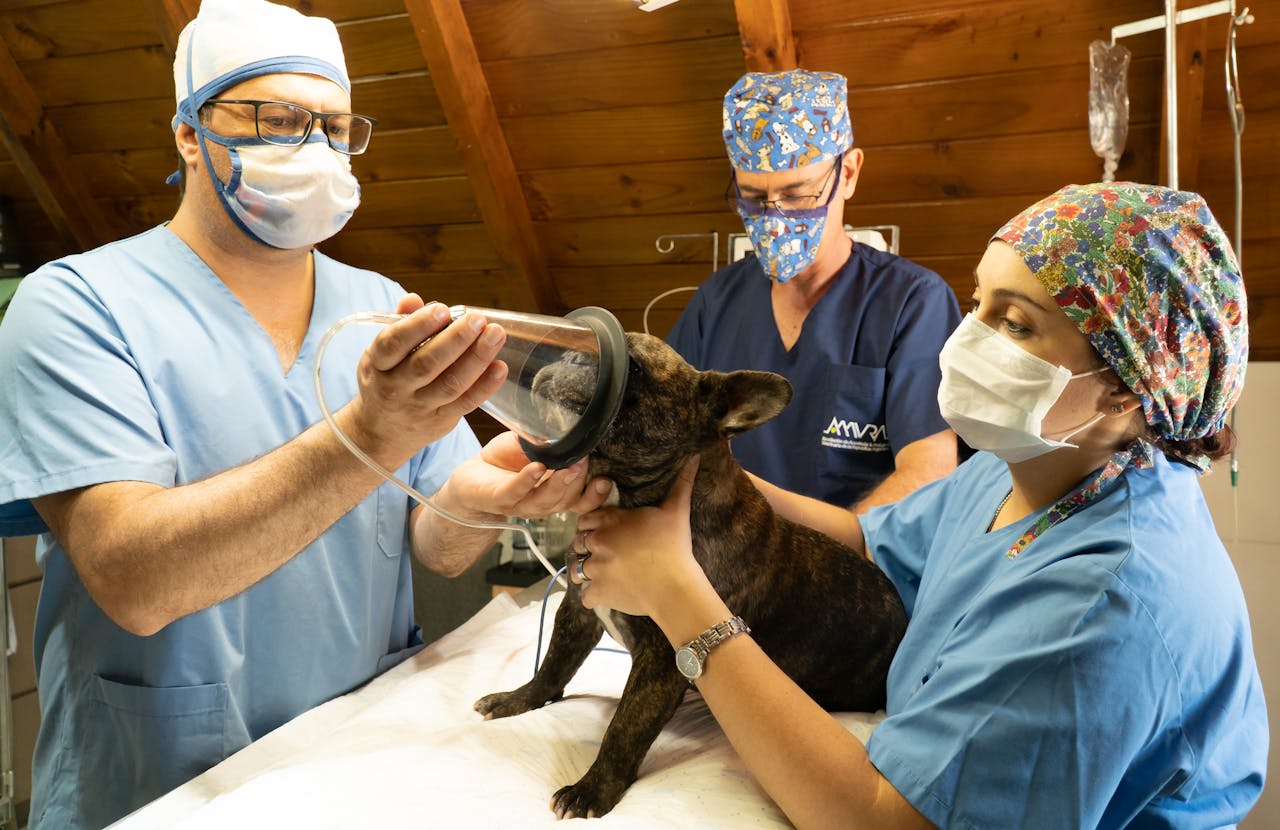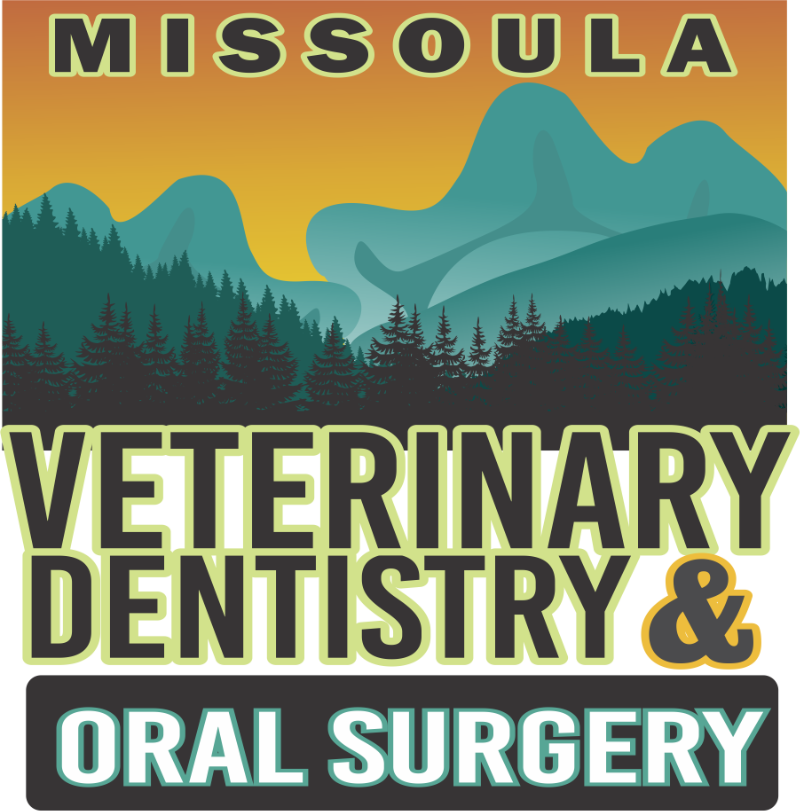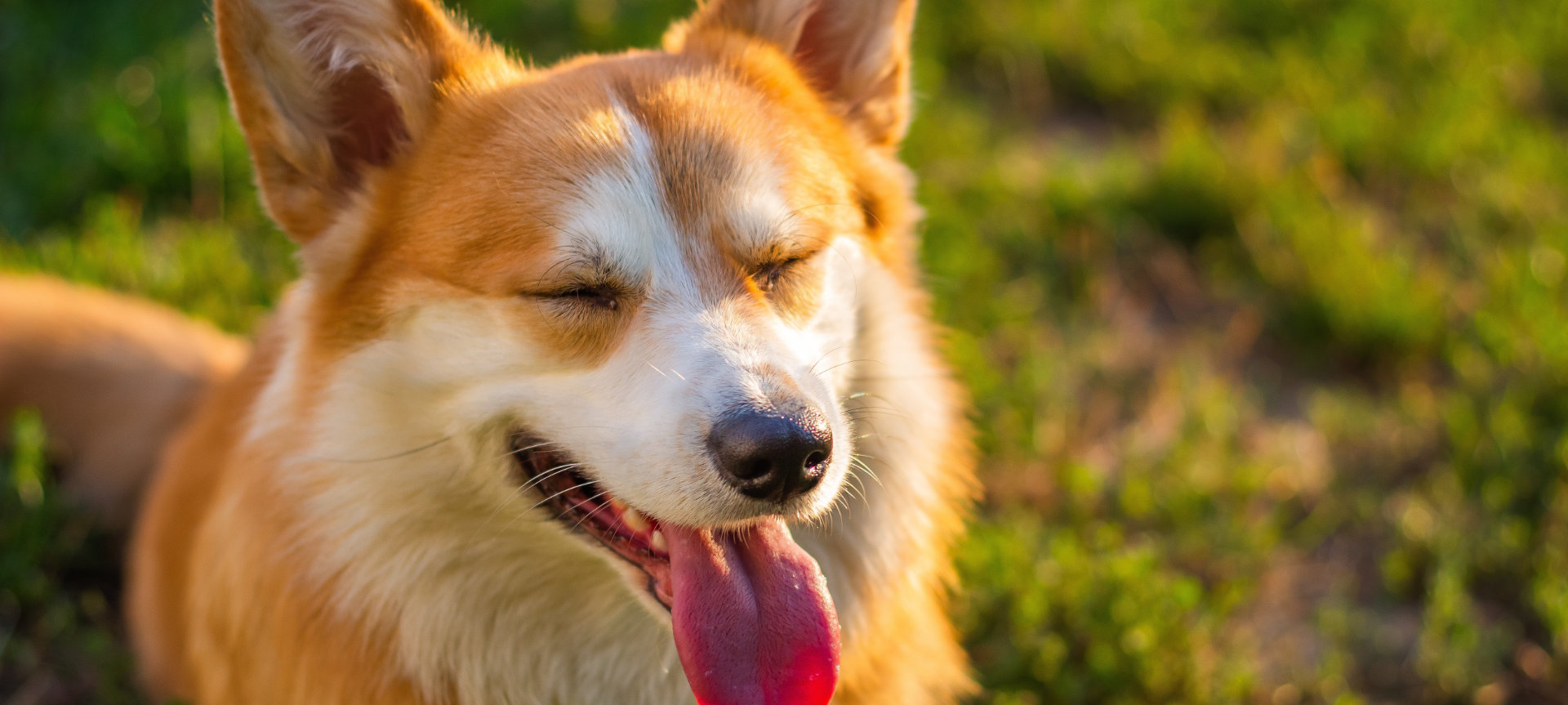
17 Apr Guardians of Comfort and Safety: The Vital Role of Veterinary Anesthesiologists
In the world of veterinary medicine, ensuring the well-being and safety of our beloved animal companions during surgical procedures is paramount. This responsibility falls into the capable hands of veterinary anesthesiologists, professionals who specialize in administering anesthesia and managing pain in animals. In this article, we’ll explore the indispensable role of veterinary anesthesiologists and why their expertise is crucial for the comfort, safety, and success of surgical interventions in animals.
Why Veterinary Anesthesiologists Are Important
1. Precision in Anesthesia Administration
Anesthesia is a delicate balance between inducing unconsciousness and pain relief while maintaining vital functions such as heart rate, blood pressure, and respiration. Veterinary anesthesiologists are highly trained experts who possess an in-depth understanding of the pharmacology and physiology of anesthesia drugs in various animal species. Their expertise allows them to tailor anesthesia protocols to each patient’s specific needs, taking into account factors such as age, breed, weight, and underlying health conditions. By ensuring precise anesthesia administration, veterinary anesthesiologists minimize the risk of complications and optimize the safety of surgical procedures for animals under their care.
2. Monitoring Vital Signs and Adjusting Anesthesia
During surgery, veterinary anesthesiologists play a critical role in monitoring the patient’s vital signs and adjusting anesthesia levels as needed to maintain a stable physiological state. Using advanced monitoring equipment and techniques, they closely monitor parameters such as heart rate, respiratory rate, blood oxygenation, blood pressure, and body temperature throughout the procedure. Any deviations from normal values are promptly addressed through appropriate interventions, such as adjusting anesthesia depth, administering fluids or medications, or providing additional support to ensure the animal’s well-being and safety.
3. Pain Management Expertise
In addition to anesthesia administration, veterinary anesthesiologists are also responsible for managing pain before, during, and after surgical procedures. They possess specialized knowledge and skills in multimodal pain management techniques, including the use of analgesic medications, local anesthetics, nerve blocks, and adjunctive therapies such as acupuncture or physical therapy. By implementing comprehensive pain management protocols, veterinary anesthesiologists alleviate discomfort, reduce stress, and promote faster recovery and improved outcomes for animals undergoing surgery.
4. Expertise in Anesthesia-related Complications
Despite meticulous planning and monitoring, anesthesia-related complications can occur during surgical procedures. Veterinary anesthesiologists are trained to anticipate, recognize, and manage these complications effectively. Whether it’s managing hypoventilation, hypotension, arrhythmias, or anesthetic emergencies such as anaphylaxis or malignant hyperthermia, their quick thinking and decisive actions can make all the difference in saving a patient’s life and ensuring a successful outcome.
5. Collaboration and Education
Beyond their direct involvement in surgical cases, veterinary anesthesiologists play a vital role in collaborating with other veterinary specialists, surgeons, and veterinary technicians to optimize patient care. They provide guidance on anesthesia protocols, offer training and education on anesthesia techniques and safety practices, and contribute to research and advancements in veterinary anesthesia and analgesia. By sharing their expertise and knowledge, veterinary anesthesiologists empower the veterinary community to deliver the highest standard of care to their animal patients.
Veterinary Dental Clinic in Missoula, Montana
In conclusion, veterinary anesthesiologists are indispensable guardians of comfort and safety in the field of veterinary medicine. Through their expertise in anesthesia administration, monitoring, pain management, and complication management, they ensure the well-being and safety of animals undergoing surgical procedures. Their dedication, skill, and commitment to excellence contribute to the successful outcomes of surgical interventions and the overall welfare of our beloved animal companions.
So, the next time your pet undergoes surgery, take comfort in knowing that a skilled veterinary anesthesiologist is overseeing their care, ensuring they receive the best possible treatment with compassion and expertise. At Missoula Veterinary Dentistry & Oral Surgery, we work with a Board-Certified Veterinary Anesthesiologist™ to ensure the safety of your pet during oral surgeries. If your pet is due for a checkup or requires dental treatment, contact us today to schedule an appointment.
Images used under creative commons license – commercial use (4/10/2024). Photo by JUAN FIGUEROA on Pexels



